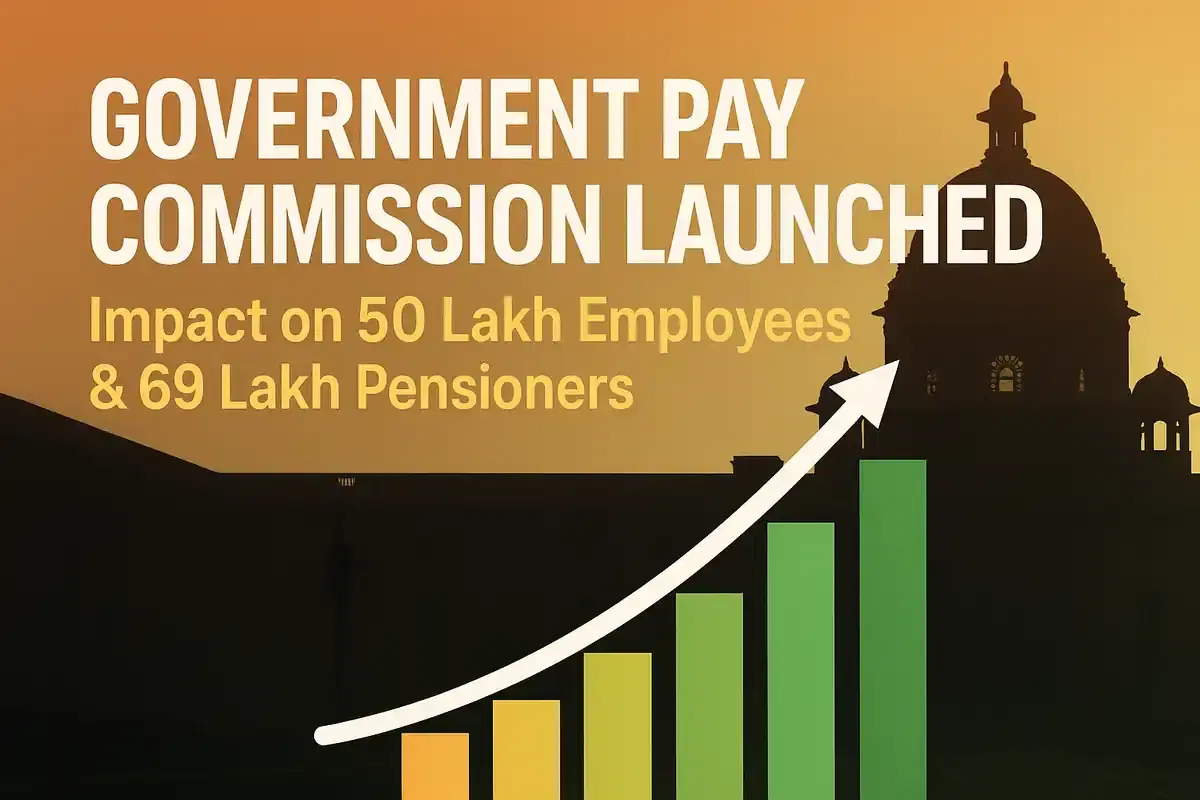8th Central Pay Commission Members Appointed, Recommendations Due in 18 Months
Economy
|
28th October 2025, 8:17 PM

▶
Short Description :
Detailed Coverage :
The Indian government has moved forward with the Eighth Central Pay Commission by appointing its members and defining its scope. The commission is tasked with reviewing the pay structure and pension benefits for the nation's vast central government workforce, estimated at around 50 lakh employees and 69 lakh pensioners. Justice Ranjana Prakash Desai, a former Supreme Court judge, will lead this significant body, assisted by Professor Pulak Ghosh from IIM-Bangalore and Petroleum Secretary Pankaj Jain as member-secretary.
The commission is expected to deliver its comprehensive recommendations within 18 months. While the exact date for revised pay and pensions to take effect is January 2026, this could be adjusted based on interim reports. A crucial aspect of its mandate is to analyze the financial implications of unfunded, non-contributory pension schemes, a long-standing financial commitment for the government.
Impact: This development is significant for the Indian economy. A potential hike in pay and pensions for millions of central government employees and pensioners could lead to increased consumer spending, potentially boosting demand for goods and services. However, it also represents a substantial increase in government expenditure, which could have fiscal implications, including potential inflationary pressures. The commission's consideration of fiscal prudence and the financial impact on states suggests a balanced approach, but the overall effect could be a considerable stimulus to the economy, albeit with careful management needed to control costs and inflation.
Definitions: Non-contributory pension schemes: These are pension plans where the employer bears the entire cost of funding the pension benefits, and employees do not contribute from their salaries. Unfunded liabilities: These are financial obligations for future payments, such as pensions, for which funds have not yet been set aside. The government owes these amounts but has not yet accumulated the necessary assets to cover them. Fiscal prudence: A cautious and responsible approach to managing government finances, ensuring that spending is sustainable and debt levels are kept under control.